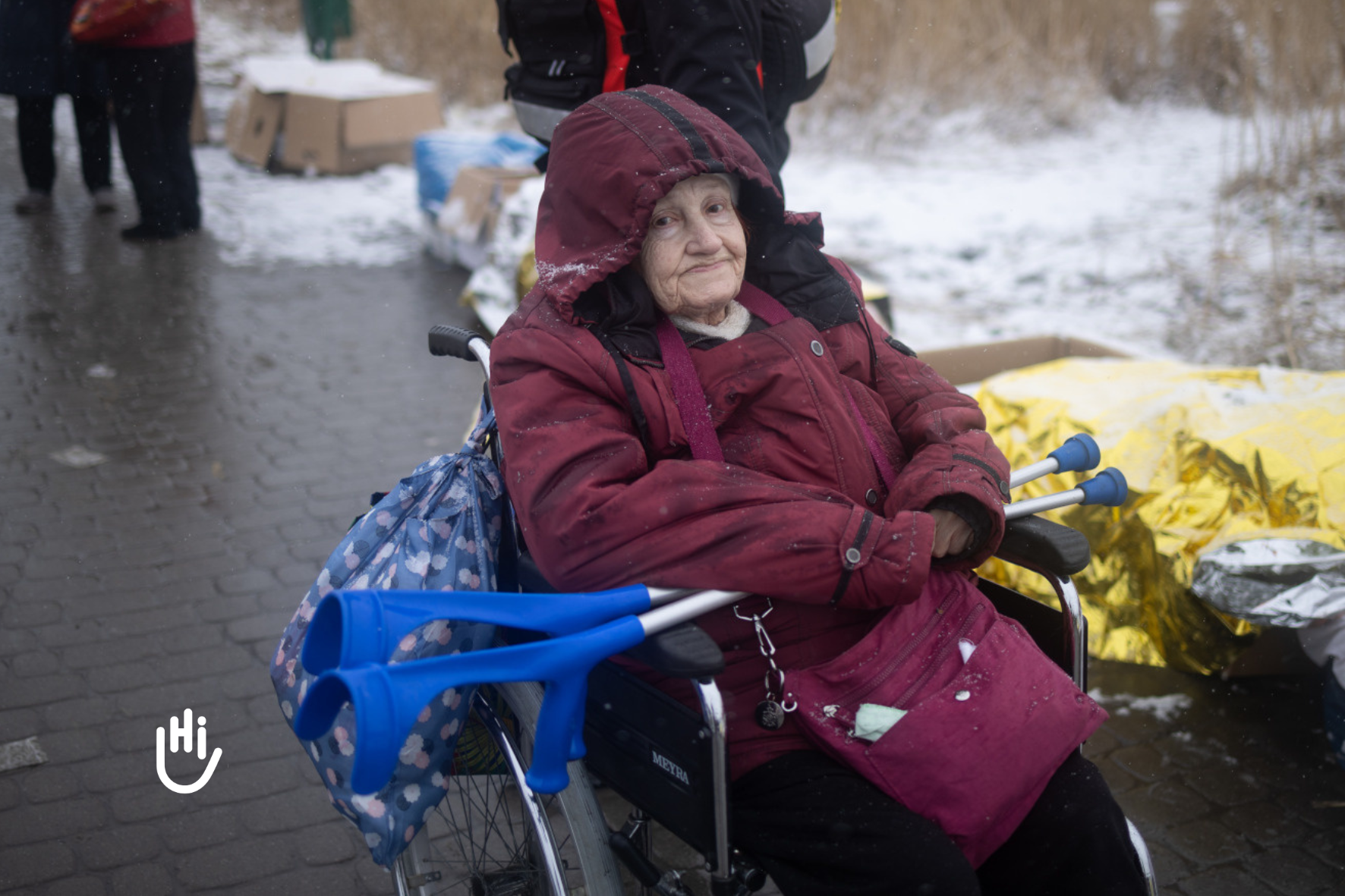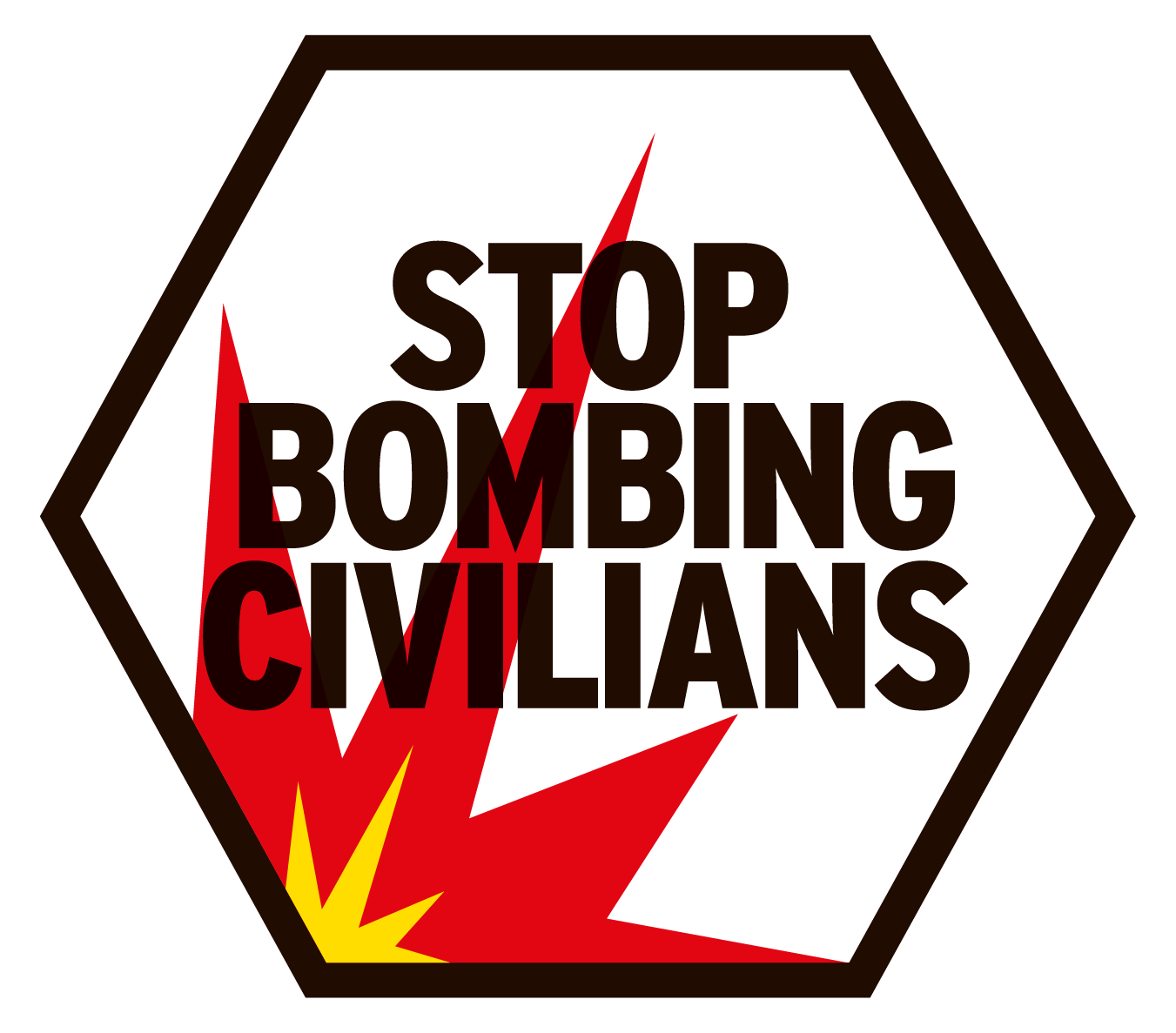Don't leave disabled people behind in a crisis




Don't leave disabled people behind in a crisis




Humanitarian crises, whether caused by armed conflict, disaster or climate emergency, often strike without warning. The most vulnerable people face the greatest risks, and for people with disabilities, the reality is even harder: all too often they are left behind.
Demand that people with disabilities are included in emergencies
It is estimated that people with disabilities are 2 to 4 times more likely to die in the event of a disaster. According to the United Nations Office for Disaster Risk Reduction (UNDRR), only one in four people with disabilities can follow evacuation procedures without difficulty in the event of a disaster, and only 11% claim to be aware of the existence of a disaster management plan in their community.
People with disabilities are often overlooked in evacuation plans, excluded from aid distributions, and cut off from vital information and services. Too often, they cannot access aid simply because they live too far away, there's a lack of information on available services, or buildings, services and infrastructure are not adapted to meet their needs. Disabled people are also particularly exposed to targeted violence, exploitation and abuse in a crisis.
This must change. Everyone has the right to safety, dignity and equal access to humanitarian assistance – especially the most vulnerable. We must ensure no one is left behind.
Together, we call on the international community to guarantee protection and equal access to humanitarian assistance for people with disabilities, without discrimination.
We demand:
Ensure that people with disabilities meaningfully participate in planning and implementing humanitarian responses.
Remove barriers, empower persons with disabilities and support them to develop their capacities.
Ensure data collected in a crisis allows disability inclusion to be monitored.
The time to act is now. We cannot wait for the next disaster to do better. Sign our petition to demand the international community take action and ensure that people with disabilities are never left behind in a crisis.
Image © T. Nicholson / HI
Sign the petition now
We'd love to keep you updated on the impact of your support.
By ticking the check box above you are opting in to receiving email communications from Humanity & Inclusion UK. We will not share your personal data and you can unsubscribe or change your preferences at any time.
Humanitarian crises, whether caused by armed conflict, disaster or climate emergency, often strike without warning. The most vulnerable people face the greatest risks, and for people with disabilities, the reality is even harder: all too often they are left behind.
Demand that people with disabilities are included in emergencies.
It is estimated that people with disabilities are 2 to 4 times more likely to die in the event of a disaster. According to the United Nations Office for Disaster Risk Reduction (UNDRR), only one in four people with disabilities can follow evacuation procedures without difficulty in the event of a disaster, and only 11% claim to be aware of the existence of a disaster management plan in their community.
People with disabilities are often overlooked in evacuation plans, excluded from aid distributions, and cut off from vital information and services. Too often, they cannot access aid simply because they live too far away, there's a lack of information on available services, or buildings, services and infrastructure are not adapted to meet their needs. Disabled people are also particularly exposed to targeted violence, exploitation and abuse in a crisis.
This must change. Everyone has the right to safety, dignity and equal access to humanitarian assistance – especially the most vulnerable. We must ensure no one is left behind.
Together, we call on the international community to guarantee protection and equal access to humanitarian assistance for people with disabilities, without discrimination.
We demand that humanitarian actors:
Ensure that people with disabilities meaningfully participate in planning and implementing humanitarian responses.
Remove barriers, empower persons with disabilities and support them to develop their capacities.
Ensure data collected in a crisis allows disability inclusion to be monitored.
The time to act is now. We cannot wait for the next disaster to do better. Sign our petition to demand the international community take action and ensure that people with disabilities are never left behind in a crisis.
Image © T. Nicholson / HI
The Petition
I call on the UK and all States worldwide to:
• Publicly commit to end the use of explosive weapons with wide-area effects in populated areas;
• Fully implement the treaties banning landmines and cluster munitions without delay and encourage non-signatory states to sign them;
• Contribute to assisting the victims, clearing weapons in affected zones, and preventing further injuries and deaths.





